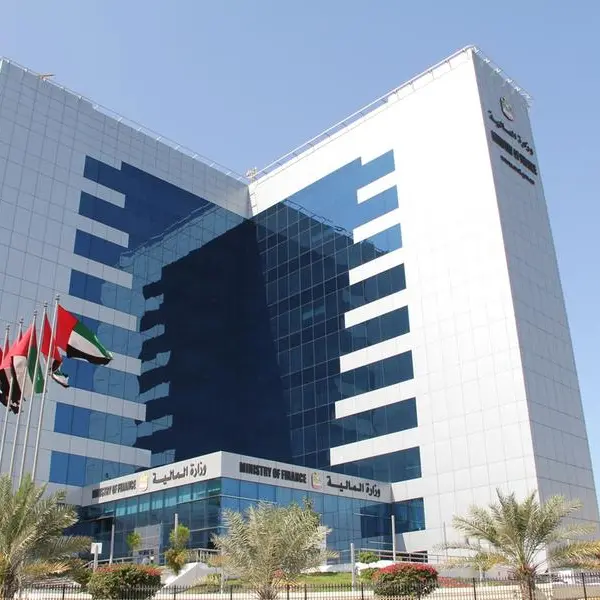Immigrant workers are in general pleased with their work and social conditions in the Gulf countries.
Bahrain in particular is popular with immigrant workers based on two studies. The recently-released Expat City Ranking 2017 by InterNations rates Manama as the best place for expatriates, while those of the other GCC cities are Muscat (12); Abu Dhabi (15); Dubai (17); Doha (45); Riyadh (47); and finally Jeddah (50) among 51 cities included in the study.
It can be argued that the study is too generous with Bahrain but not so with other Gulf countries.
Anyway, it makes little sense to merely cover some 50 cities worldwide, in turn considerably lower than the number of countries let alone cities. The study takes into account variables such as quality of life, stability, family life, access to finance, and cost of living.
Expatriates consider the wide usage of English in Bahrain as a plus. Many do not feel the urge to learn or using Arabic to cater for their day-to-day life. Also, Bahrain boasts an advanced banking industry and the sector competes with the oil industry in GDP composition. Foreign workers in Bahrain possess privileges like the right to change sponsors with contracts expiring or if not receiving their salaries regularly.
Another study by HSBC covering 46 counties found the UAE, Bahrain and Oman among the best places for expatriates with regards to working and living. The UAE is ranked 10th globally, as many feel they can earn much more working in Dubai, for instance, than in their own countries. Bahrain and Oman are ranked 13th and 15th, respectively.
The fact that expatriates make up a majority of the population in the GCC says a great deal about the openness of Gulf economies. The figures range from 88 per cent in the UAE and Qatar and about 38 per cent in Saudi Arabia.
Immigrant workers are the majority in the workforce of all GCC countries, a phenomenon is hardly matched elsewhere. Astonishingly, over half of registered Overseas Filipino Workers (OFWs) work in the Gulf.
And on remittances, according to a study entitled “Migration and Remittances Factbook 2016”, Saudi Arabia, the UAE and Kuwait rank in the top 10 among remittance outflow economies.
Led by Saudi Arabia and the UAE, about $100 billion is remitted from the GCC. This is a sizeable figure by virtue of being the combined GDP value of Oman and Bahrain.
It is suggested that remittances from Saudi Arabia hover around 5 per cent of the kingdom’s GDP, the highest in the world. However, the US stands out as the largest source of remittances, with Saudi Arabia a distant second.
Maintaining talented workers is a challenge for GCC countries, reflecting demand for skilled people all over the world. In the age of globalisation, there is such mobility for the talented.
Bahrain in particular is popular with immigrant workers based on two studies. The recently-released Expat City Ranking 2017 by InterNations rates Manama as the best place for expatriates, while those of the other GCC cities are Muscat (12); Abu Dhabi (15); Dubai (17); Doha (45); Riyadh (47); and finally Jeddah (50) among 51 cities included in the study.
It can be argued that the study is too generous with Bahrain but not so with other Gulf countries.
Anyway, it makes little sense to merely cover some 50 cities worldwide, in turn considerably lower than the number of countries let alone cities. The study takes into account variables such as quality of life, stability, family life, access to finance, and cost of living.
Expatriates consider the wide usage of English in Bahrain as a plus. Many do not feel the urge to learn or using Arabic to cater for their day-to-day life. Also, Bahrain boasts an advanced banking industry and the sector competes with the oil industry in GDP composition. Foreign workers in Bahrain possess privileges like the right to change sponsors with contracts expiring or if not receiving their salaries regularly.
Another study by HSBC covering 46 counties found the UAE, Bahrain and Oman among the best places for expatriates with regards to working and living. The UAE is ranked 10th globally, as many feel they can earn much more working in Dubai, for instance, than in their own countries. Bahrain and Oman are ranked 13th and 15th, respectively.
The fact that expatriates make up a majority of the population in the GCC says a great deal about the openness of Gulf economies. The figures range from 88 per cent in the UAE and Qatar and about 38 per cent in Saudi Arabia.
Immigrant workers are the majority in the workforce of all GCC countries, a phenomenon is hardly matched elsewhere. Astonishingly, over half of registered Overseas Filipino Workers (OFWs) work in the Gulf.
And on remittances, according to a study entitled “Migration and Remittances Factbook 2016”, Saudi Arabia, the UAE and Kuwait rank in the top 10 among remittance outflow economies.
Led by Saudi Arabia and the UAE, about $100 billion is remitted from the GCC. This is a sizeable figure by virtue of being the combined GDP value of Oman and Bahrain.
It is suggested that remittances from Saudi Arabia hover around 5 per cent of the kingdom’s GDP, the highest in the world. However, the US stands out as the largest source of remittances, with Saudi Arabia a distant second.
Maintaining talented workers is a challenge for GCC countries, reflecting demand for skilled people all over the world. In the age of globalisation, there is such mobility for the talented.
By Jasim Ali
The writer is a Member of Parliament in Bahrain.
© Al Nisr Publishing LLC 2017. All rights reserved. Provided by SyndiGate Media Inc. (Syndigate.info).




















